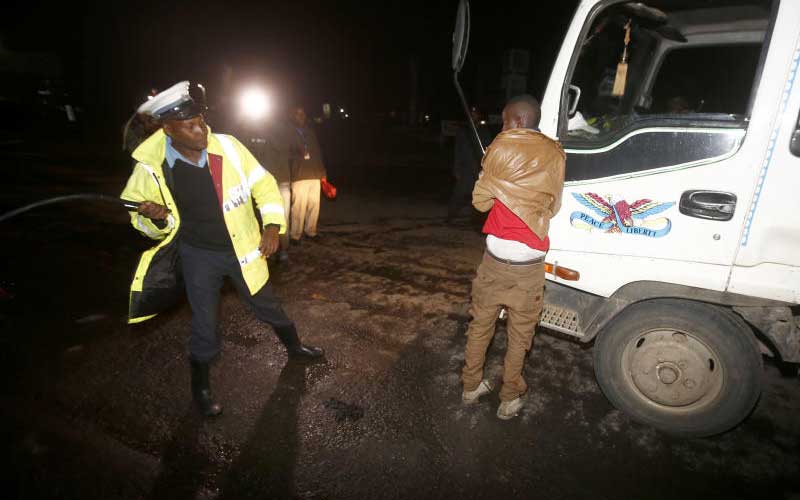×
The Standard e-Paper
Smart Minds Choose Us

A police officer whipping a motorist recently in Nakuru when the law enforcers caught up with him after the curfew hours. [Kipsang Joseph, Standard]
“God and the people are the source of all power … I have taken it, and damn it, I will keep it forever,” declared Haiti’s François “Papa Doc” Duvalier in 1963. And so he did, remaining president until his death in 1971, whereupon he was succeeded by his son, Jean-Claude (“Baby Doc”), who extended the dictatorship for another 15 years.